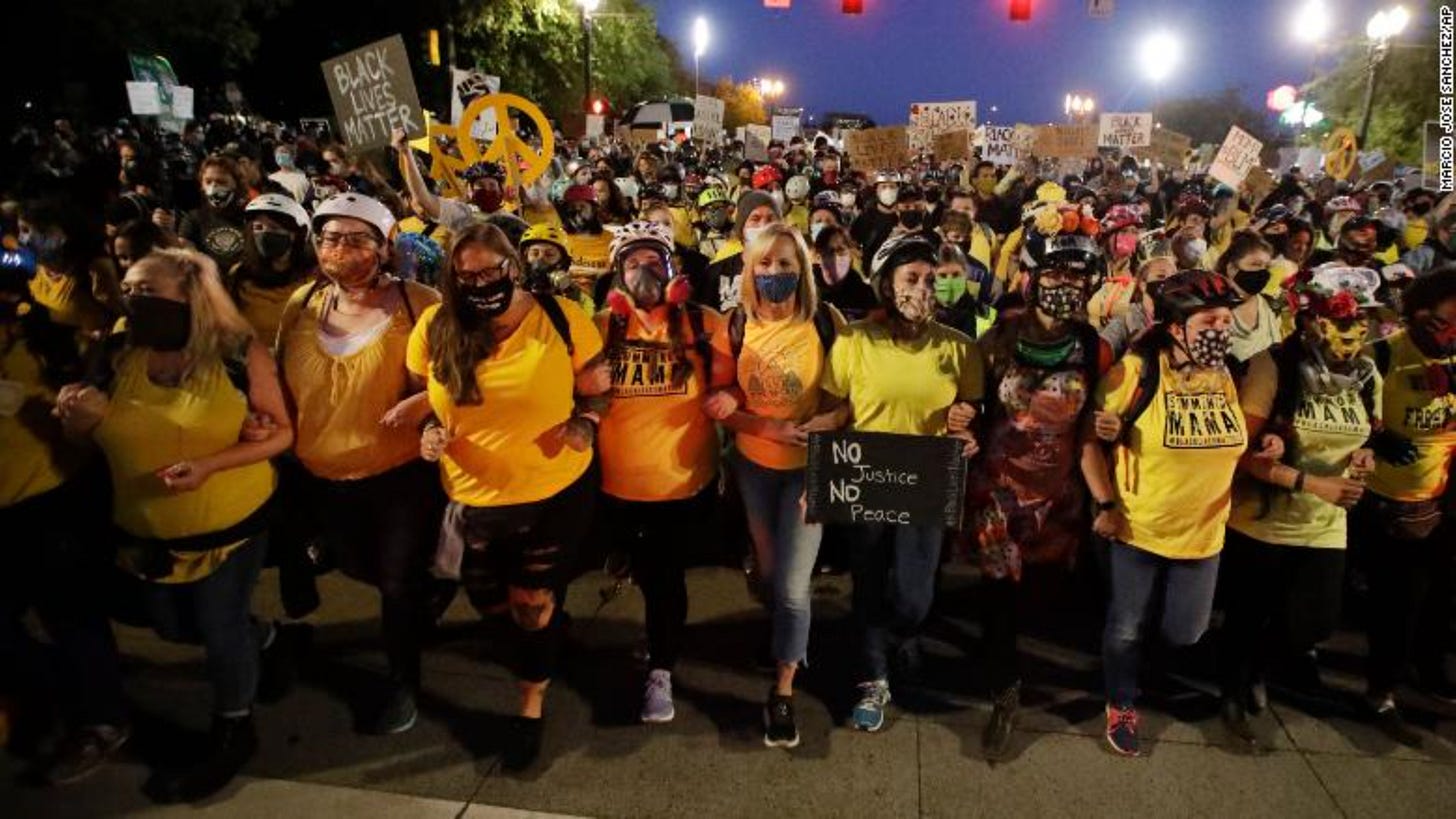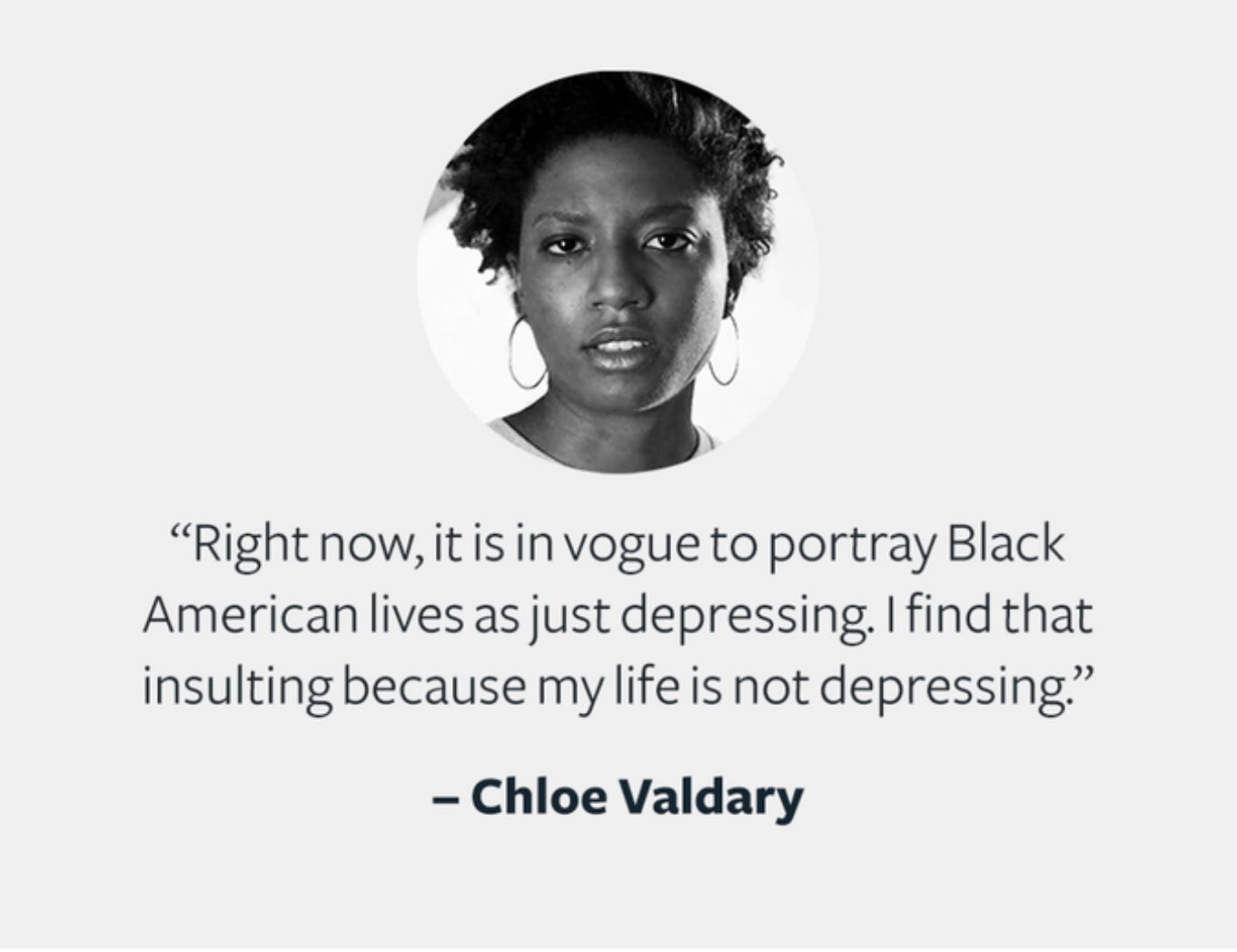After becoming extremely busy, The Wonk went by the wayside. Mostly because the time commitment of rounding up articles from various sources became tiresome, and frankly rather expensive. I would be doing you a disservice if I told you I was scouring the internet for different perspectives, when in reality, I was going after what was available to me in front of a paywall. Ultimately, I’d be lying to you, and I don’t want to do that. So instead, I’ll be just providing a thought-provoking statement on what… well provoked my thoughts over the previous week. Don’t worry about being convinced because that is not my intent - only to offer a perspective that is definitely complicated and convoluted, but hopefully one that jogs a conversation for you to have with others or with yourself.
What Does DHS Activities in Portland Mean?

I would be very surprised to hear if you didn’t know what was happening in Portland. Very recently, the Department of Homeland Security has been “actively arresting” protesters and rioters and while it remains legal, we have to ask whether it the legality of an action justifies its enactment.
First and foremost, let’s understand the situation: Military personnel who are both armed, disguised, and unidentified are going around Portland and arresting protesters and rioters with full legal protection as long as they read their Miranda rights. Those arrested are then thrown into a van and whisked away to an undisclosed location. After an undetermined amount a time, they are then released… somewhere. Yes, what the DHS and ICE are doing are legal, and there are plenty of levers to be pulled at the national level to change the legality of it (although extremely unlikely), but at the end of the day the Executive Branch has jurisdiction over, well executing the law. President Trump is not required to execute this law, and furthermore executing this law is in relative opposition to certain aspects of Conservative Theory.
Depending on which branch of Conservative thought you adhere to, the federal government does indeed have a duty to keep order for the purposes of keeping society safe - that’s the fundamental responsibility of the government in a social contract. On the other hand, there are some aspects of Conservative thought that should garner opposition to this action. To begin with, this is clearly a Portland issue and neither the mayor of Portland nor the governor of Oregon have asked the federal government to assist - actually quite the opposite. As “local control” and Federalism are both foundational pillars of Conservative thought, shouldn’t Republicans be claiming federal overreach in this matter?
We’ll be watching the situation as it evolves, and hopefully the violence dissipates.
What Happens When Black People Don’t Care About Race?

With the increased prominence of Black Lives Matter, anti-racism is now at the forefront of the social and cultural conversation. Once thought impossible, everything is now being promoted and discussed within the context of anti-racism, including major sports leagues. Most of the conversation has been driven by members of the Black community, and supported by the social justice philosophy that only members of the community impacted have the right to “trump” any other opinion on the matter given they are the ones directly impacted. If a Black person has an opinion about how to change hiring policies because hiring policies can indirectly, or directly, harm Black people, white people (and someone from any other group for that matter) are expected to listen, and ultimately submit to the philosophy. Let me first state that I agree with this practice for the most part. Any discussion about how to reduce racism within society needs to begin with the people who it directly impacts, otherwise we won’t get to the root of the problem. However, should it end there? Is everyone else expected to simply accept the opinion of a single person as truth simply because of their identity? What happens if someone of the same identity doesn’t quite agree? What happens if they disagree all together? What if they disagree with the very premise of the discussion to begin with?
That’s exactly what is happening with many members of what’s being deemed “the new Black intelligensia” as described in a recent article in The Forward. This group of people who are Black hold a variety of roles and have a variety of opinions and experiences, but all of them share a common thought, which is fighting against what’s called “racial essentialism.” If we should listen to a Black person when they talk about social and legal policy that directly affects them, and there are Black people who are telling us not to care about race, what are we supposed to do?

